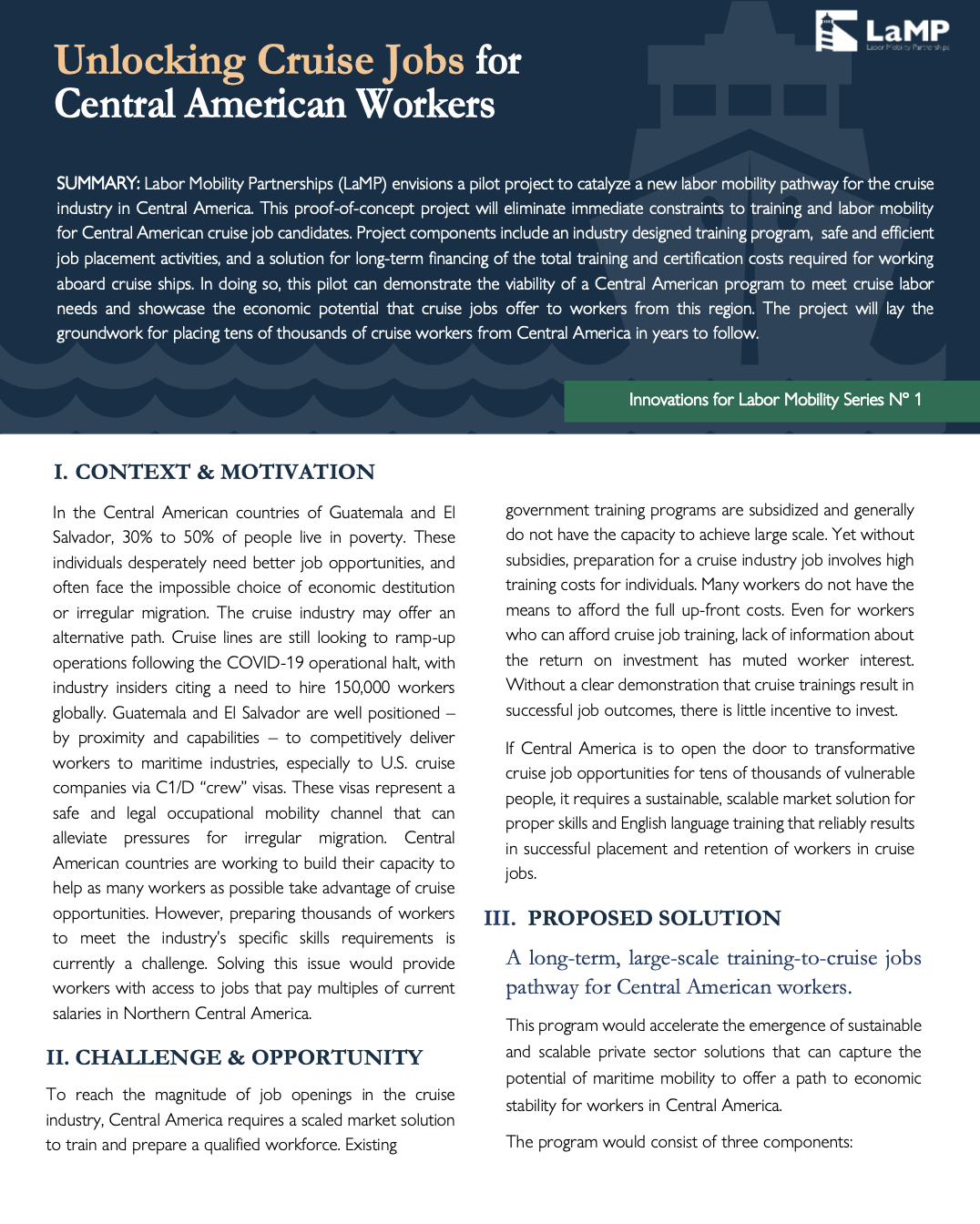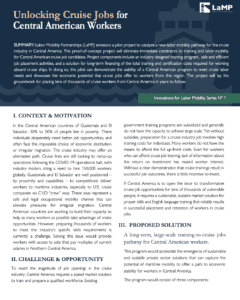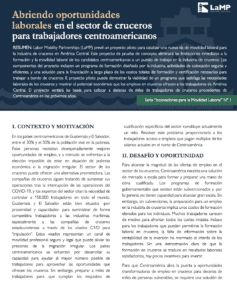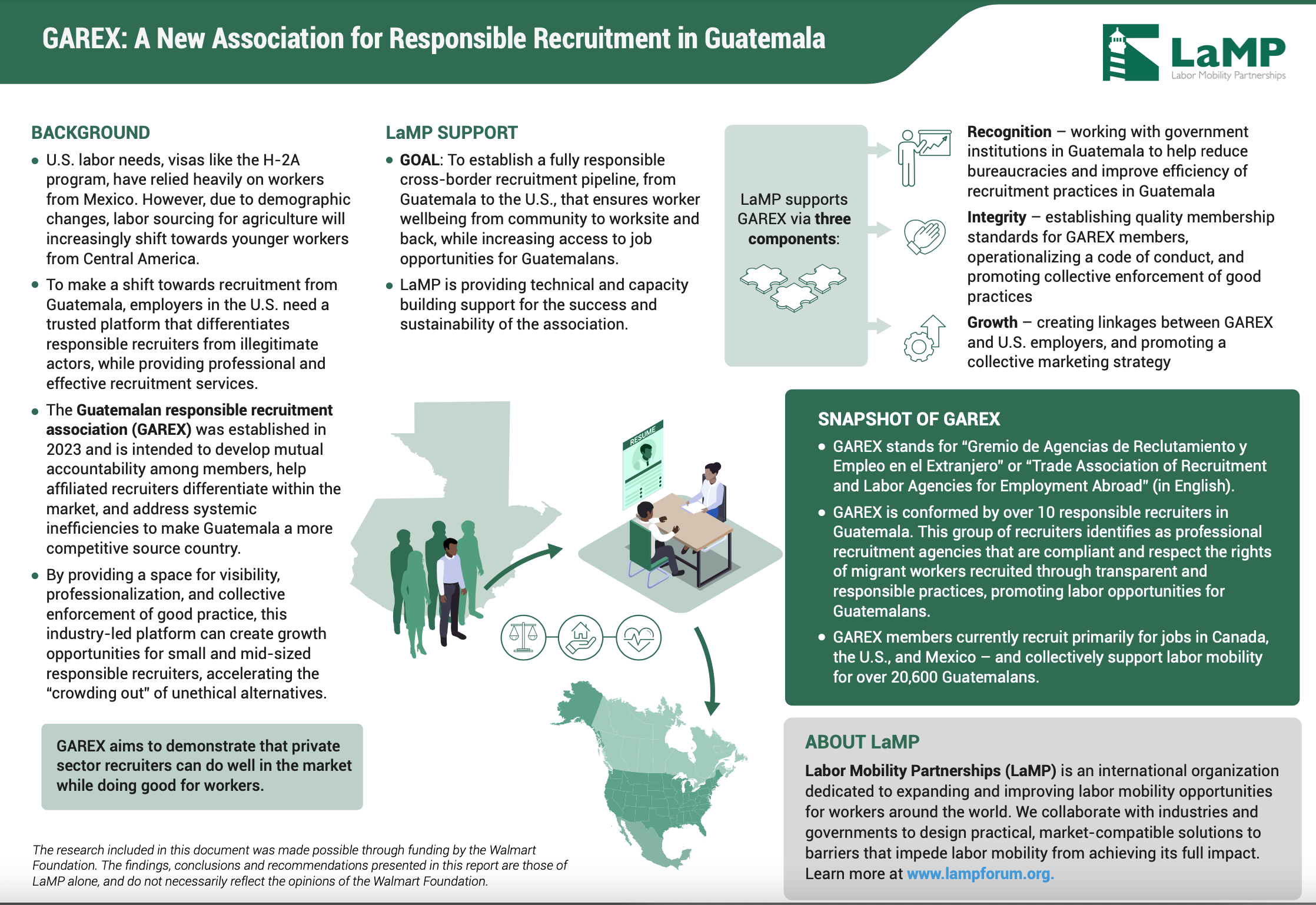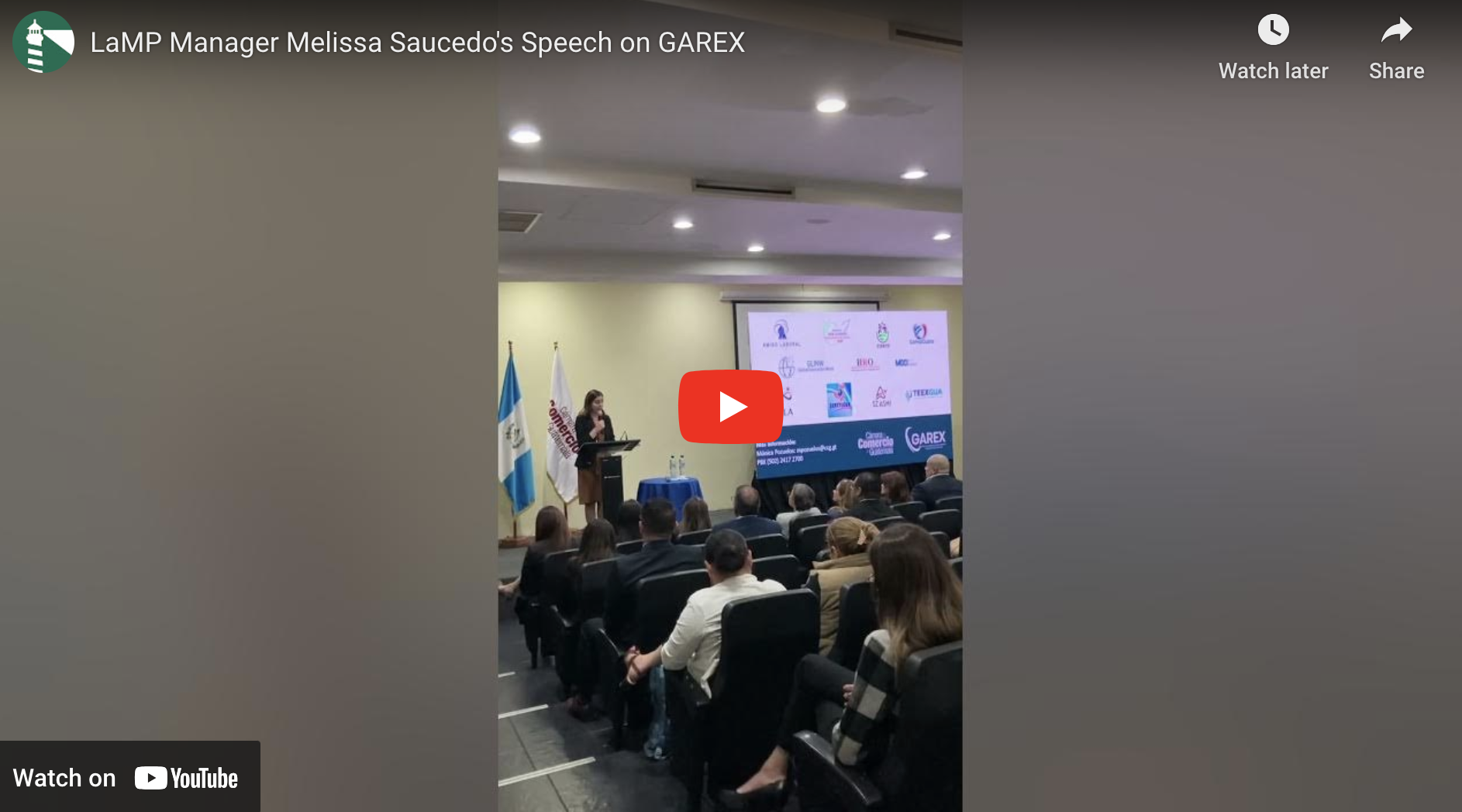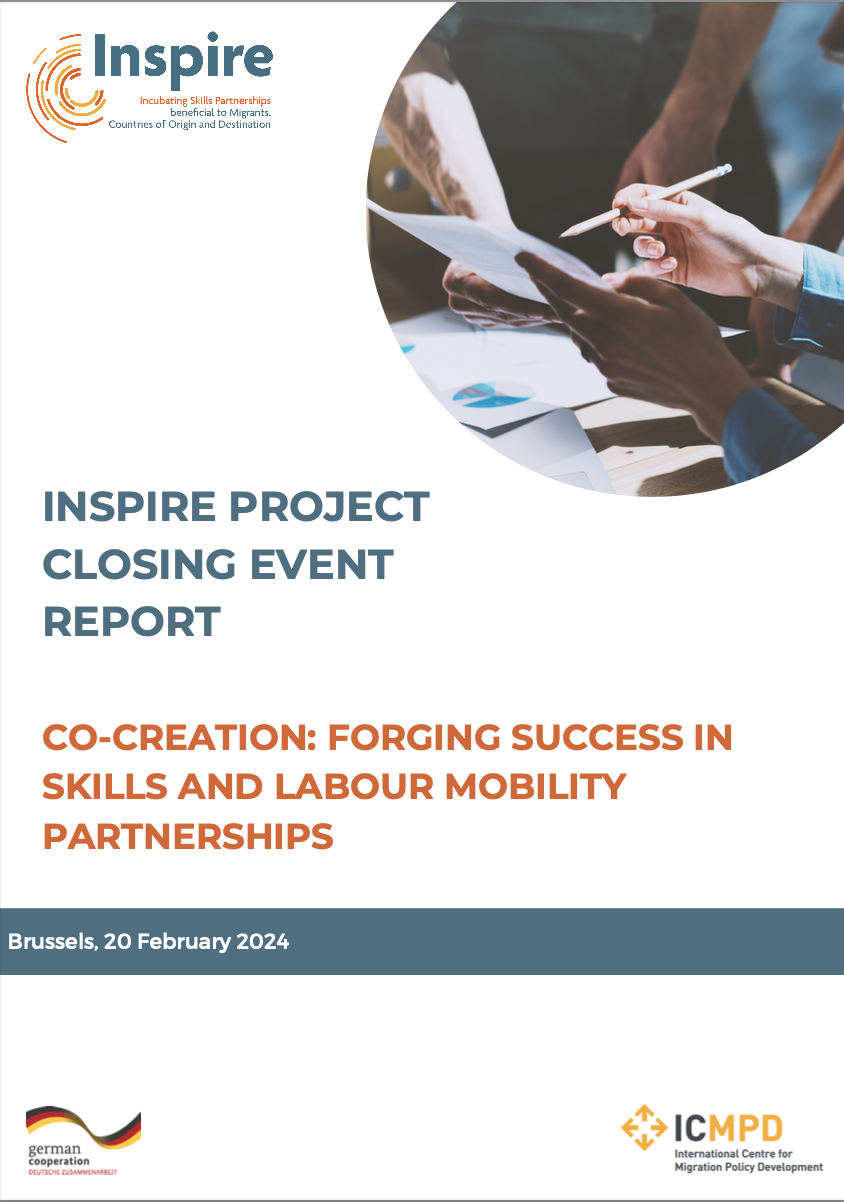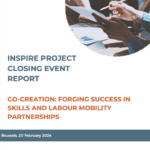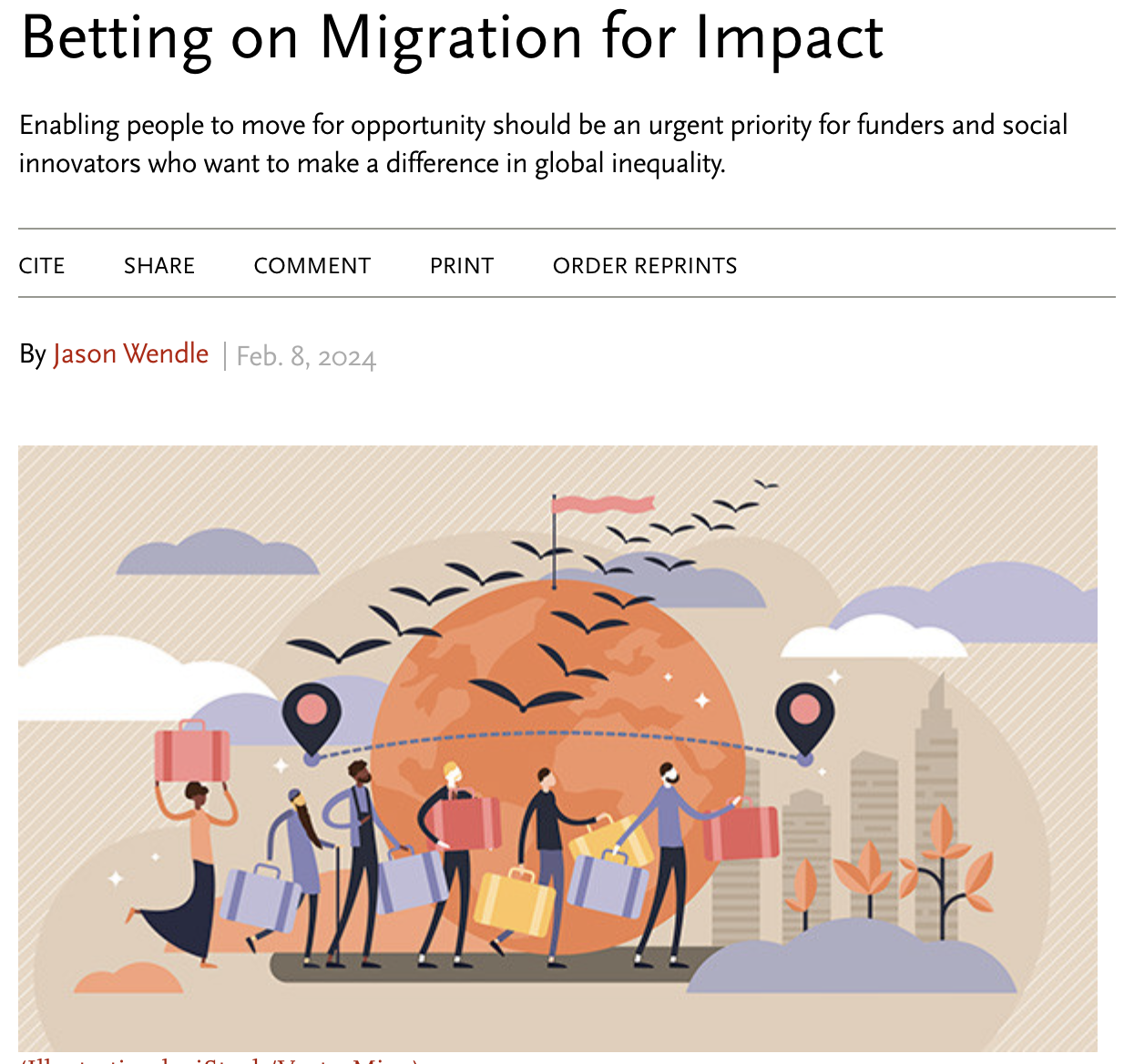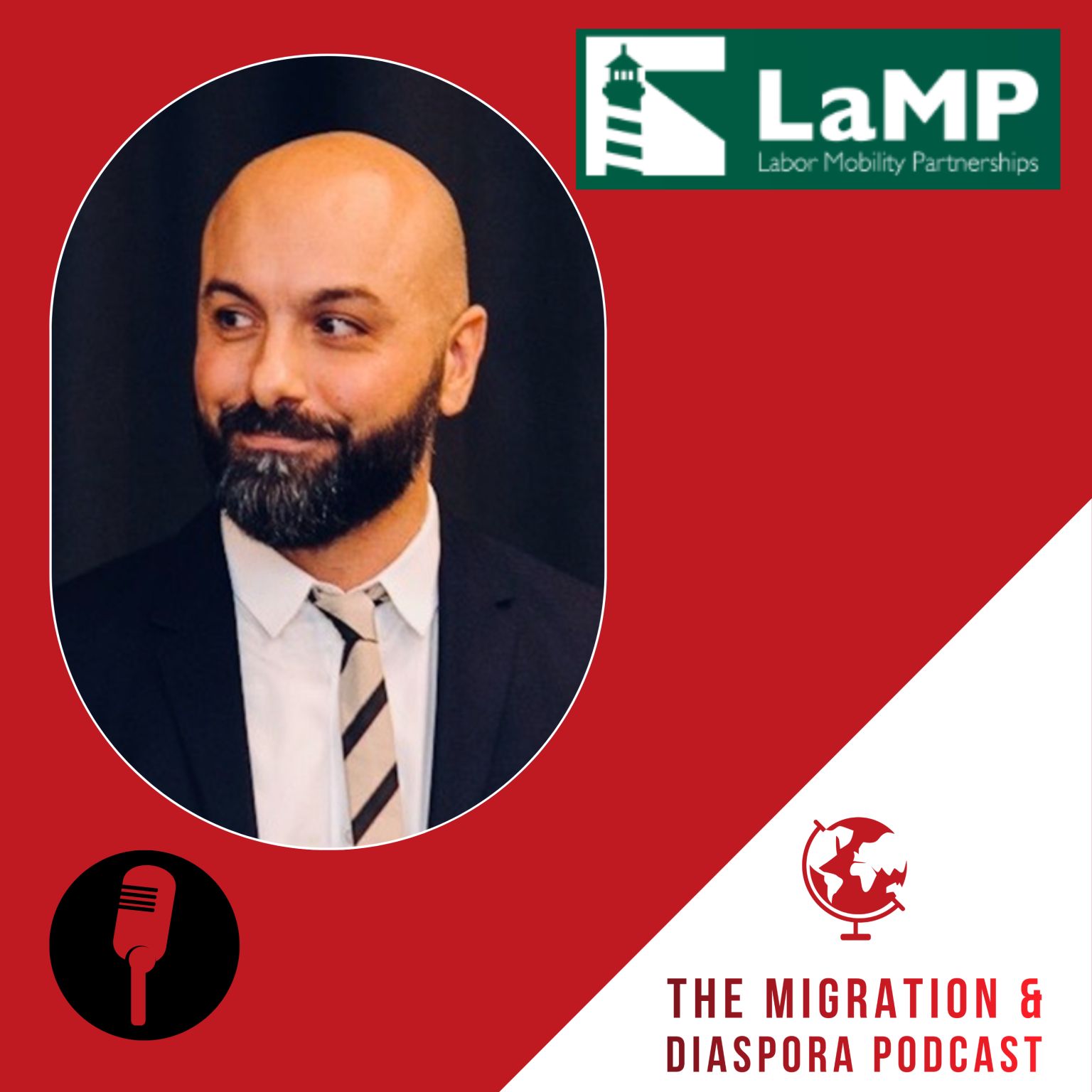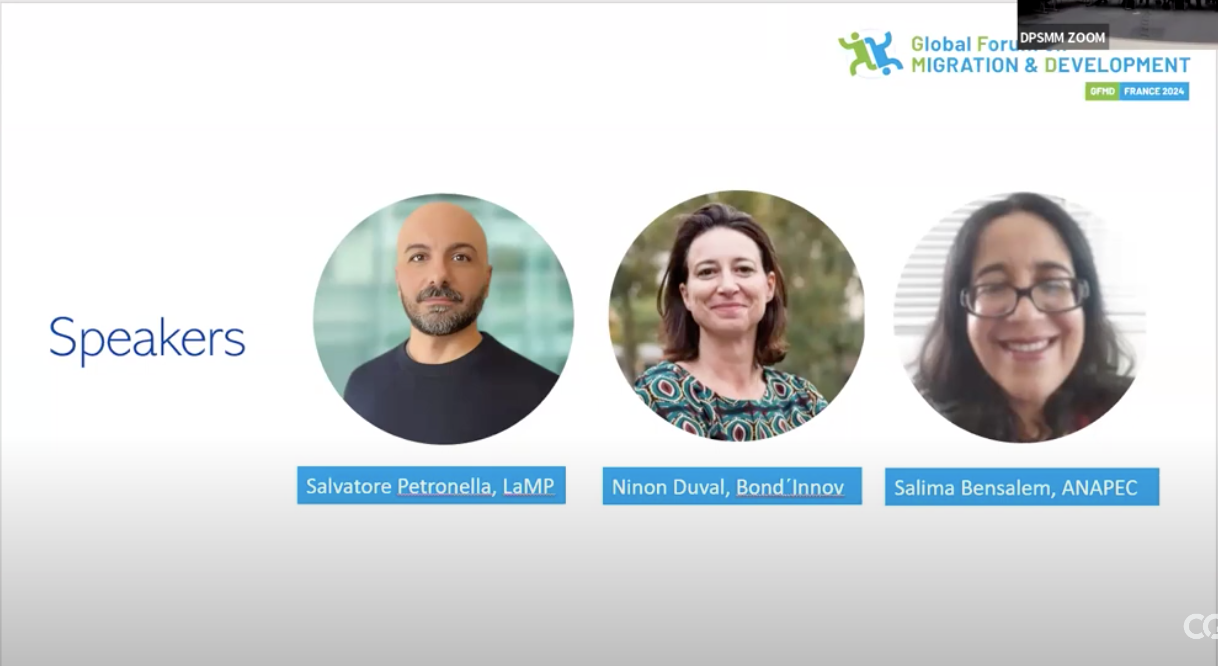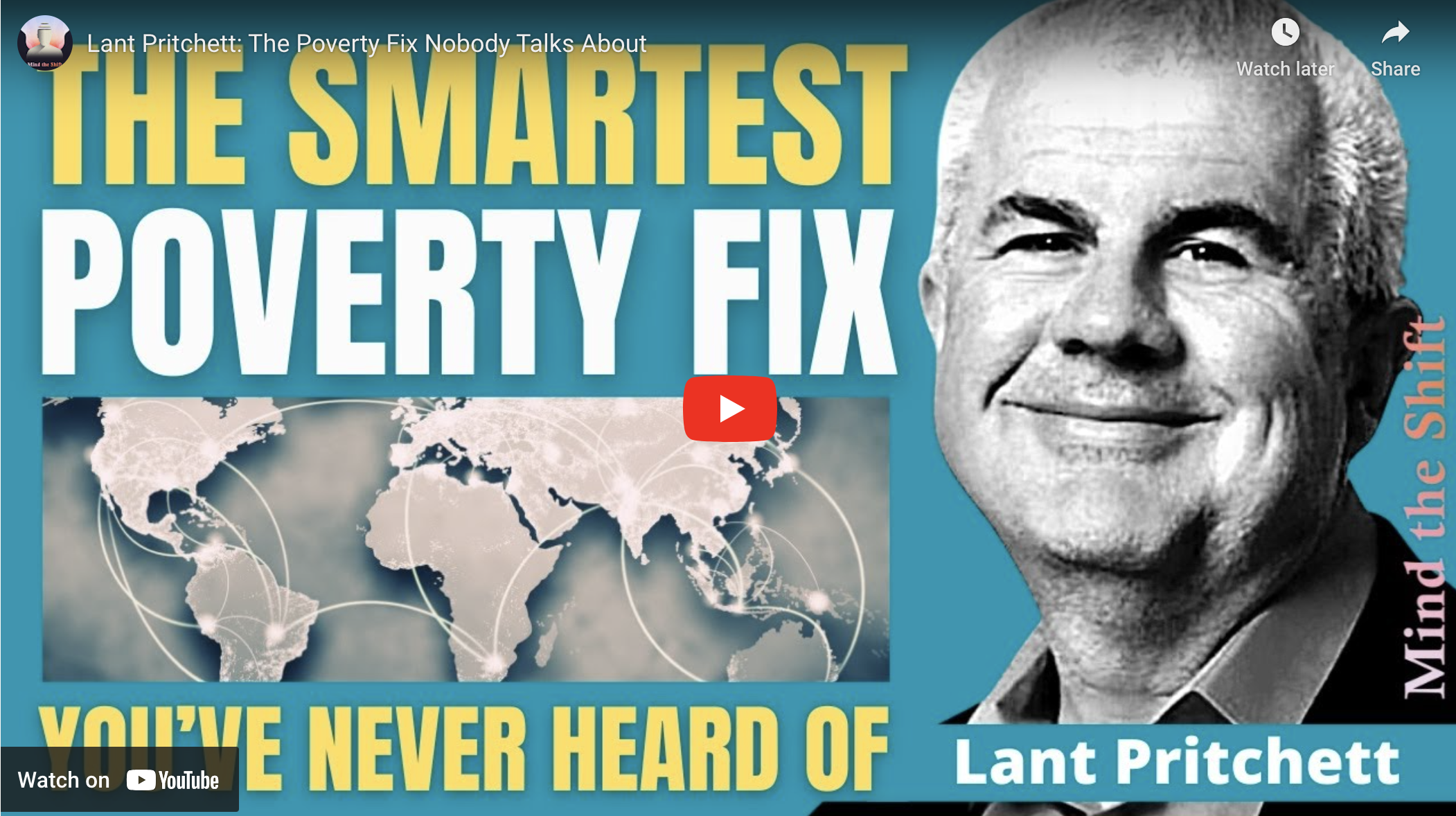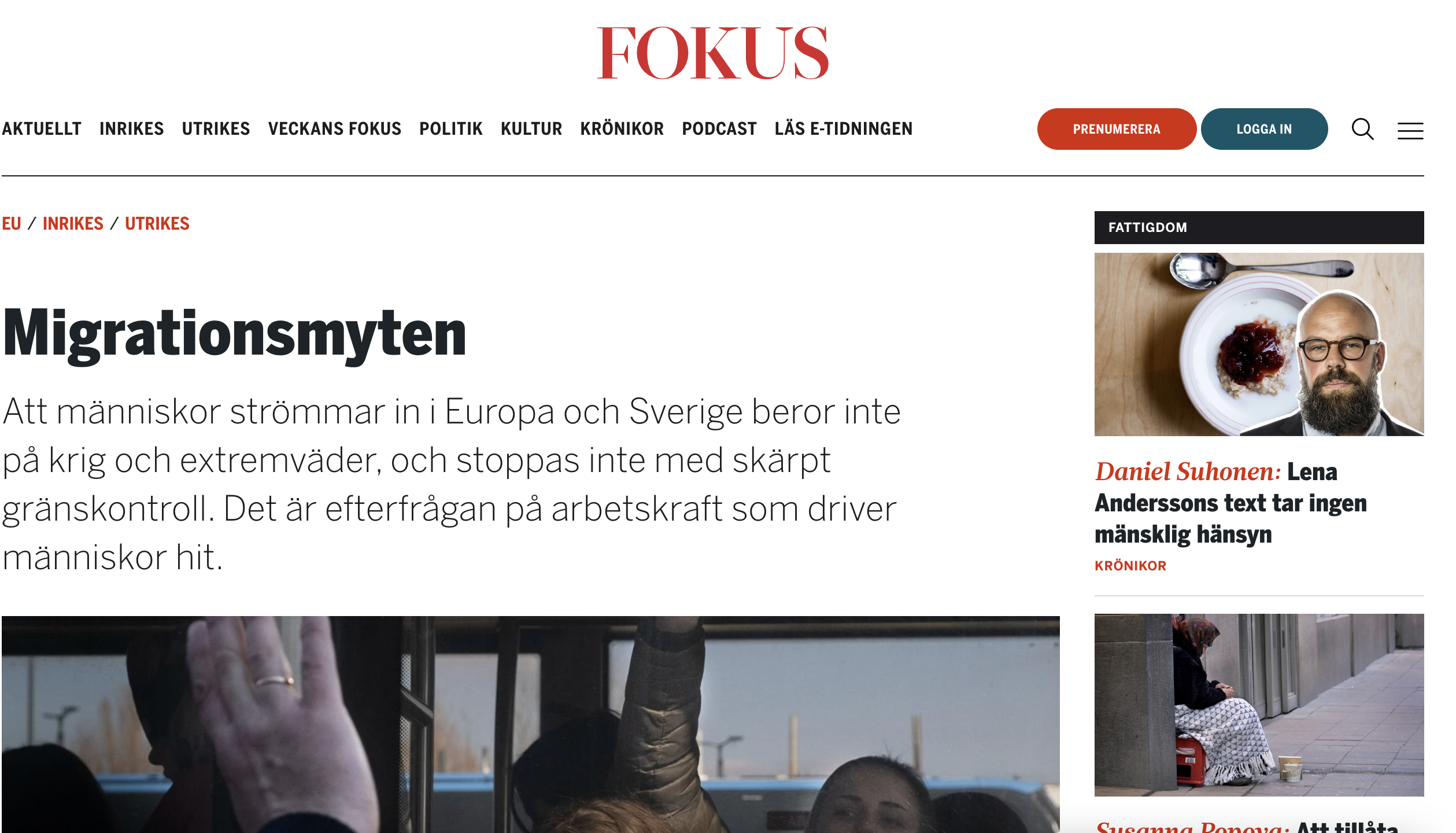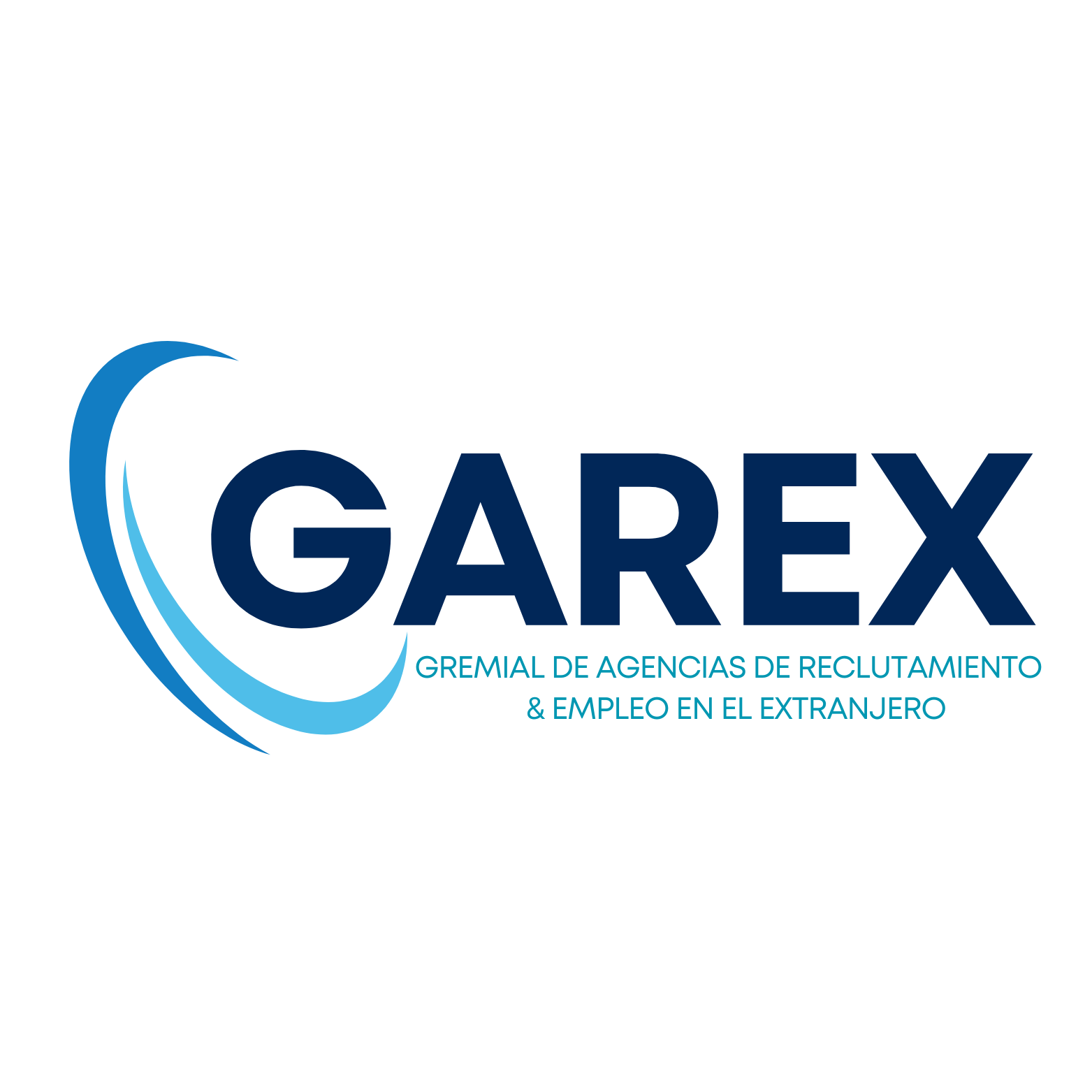
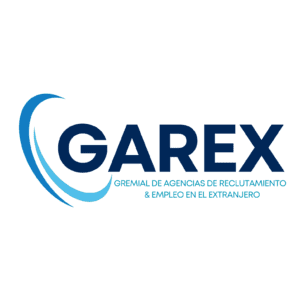 GAREX (“Gremial de Agencias de Reclutamiento y Empleo en el Extranjero”) is a new industry association of responsible recruiters operating in Guatemala. GAREX was established in 2023 and aims to create a platform for responsible recruitment agencies to professionalize and differentiate within the market, develop mutual accountability among members, and address systemic inefficiencies that hamper Guatemalan workers’ access to international employment opportunities.
GAREX (“Gremial de Agencias de Reclutamiento y Empleo en el Extranjero”) is a new industry association of responsible recruiters operating in Guatemala. GAREX was established in 2023 and aims to create a platform for responsible recruitment agencies to professionalize and differentiate within the market, develop mutual accountability among members, and address systemic inefficiencies that hamper Guatemalan workers’ access to international employment opportunities.
Currently, GAREX is comprised of over 10 responsible recruitment agencies that promote international labor opportunities for Guatemalans. GAREX members identify as professional recruitment agencies that are legally compliant, embrace transparent and responsible practices, and respect the rights of migrant workers. GAREX members recruit primarily for jobs in the trade and services sectors in Canada, Mexico and the U.S — and collectively support labor mobility for over 20,000 Guatemalans.
Alongside GAREX founding members and institutional partners, LaMP catalyzed the emergence and legal consolidation of the association. We continue to provide technical and capacity building support to GAREX to help the association sustain momentum, achieve stability, and advance in its development. We believe that bottom-up industry efforts such as GAREX are critical to achieve fully responsible international recruitment pipelines for the H-2 visa program and other labor mobility pathways. Ultimately, our vision is an international labor mobility ecosystem that increases access to life-changing job opportunities for Guatemalans and ensures worker wellbeing from community to worksite and back.
This initiative has been supported through funding by the Walmart Foundation. The findings, conclusions and recommendations presented here are those of LaMP alone, and do not necessarily reflect the opinions of the Walmart Foundation.
Please find more details of this initiative here.
For more information, contact:




